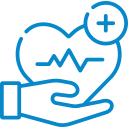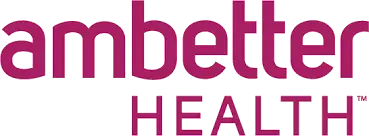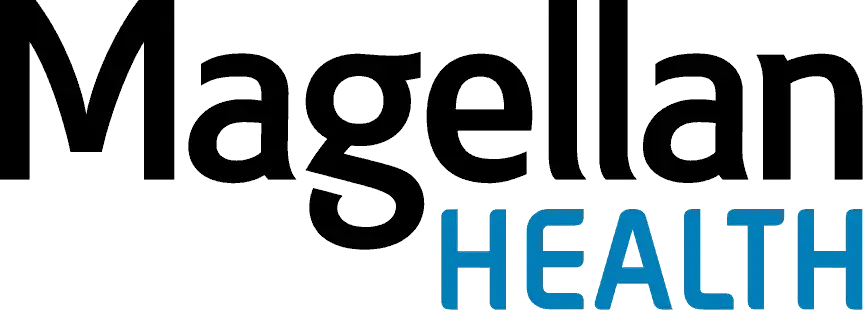Drug and alcohol addiction can negatively impact your health, relationships, and mental health. Getting treatment and support to overcome addiction is one of the most important decisions you’ll ever make.
Your recovery journey may have challenges and setbacks. Using relapse prevention techniques can help you stay focused on your goals. During rehab, you will learn ways to stay sober as you transition into your daily routine. As you progress in recovery, you must learn more coping skills to help you manage new challenges and prevent relapse.
This article will explore some practical relapse prevention strategies.
What you will learn:
- How to identify the stages of a relapse
- Five effective relapse prevention techniques
- Where to find treatment or recovery support
Recovering from addiction doesn’t happen overnight. Instead, you must use relapse prevention strategies every day to protect your sobriety and work toward lifelong recovery.
Learn more about preventing relapse or find treatment at the Carolina Center for Recovery. Contact our specialists now to learn about our comprehensive support programs or to schedule an intake assessment.
Recognizing a Relapse: An Overview
A relapse does not typically occur “out of the blue.” Instead, most relapses occur in stages. Recognizing the early stages of a relapse can help you know when to use your coping skills to prevent it.
Here is a quick overview of the stages of a relapse.
Emotional relapse
During an emotional relapse, you might feel overwhelmed or experience challenging emotions. People often abandon their healthy coping skills during an emotional relapse. Some signs of an emotional relapse include:
- Neglecting hygiene
- Not sleeping enough or sleeping too much
- Skipping therapy sessions, meetings, or appointments
- Eating poorly–not enough, too much, or an unhealthy diet
- Isolating
It’s crucial to use coping strategies and seek support when you recognize the signs of emotional relapse.
Mental relapse
During a mental relapse, you might start thinking about using drugs or alcohol again. People often think things like:
- “If I quit once, I can quit again. “
- “I deserve to treat myself for working so hard.”
- “I’ll only drink on vacation/my birthday/at this wedding/etc.”
These thoughts are a warning that a physical relapse is on the way. Recognizing these signs and taking action is critical.
Physical relapse
A physical relapse includes using drugs or drinking. It also includes all the actions that lead up to substance use, like calling your dealer or driving to the liquor store.
A relapse can feel very discouraging. It can also be very dangerous. It’s important to use relapse prevention skills as soon as you recognize the early signs of a relapse.
5 Relapse Prevention Techniques
You will likely learn relapse prevention techniques during rehab and in recovery support groups. However, having more coping skills can help you navigate new challenges while working toward lifelong sobriety.
Here are five practical relapse prevention strategies that may support your addiction recovery.
1. Know your triggers
Relapse triggers are situations or things that can lead to cravings. They can be external, like people, places, or objects. Or, triggers may be internal, like negative thoughts, anxiety, stress, or boredom. Knowing your triggers can help you use your skills to stay focused on long-term recovery.
2. Reduce stress
Stress can be a huge contributor to relapse. Take steps to reduce daily stress. Take frequent breaks and practice meaningful self-care, including:
- Regular exercise
- Regular, nutritious meals
- Practicing meditation
- Yoga
- Healthy sleep habits
Stress can lead to relapse. Taking care of your body and mind can reduce the risk and keep you on track in recovery.
3. Get support
Recovery can be challenging. Learning practical skills to protect your sobriety is crucial. Finding a support system is also important.
You can join Alcoholics Anonymous (AA), Narcotics Anonymous (NA), or another support network. Increase your personal support network of family members and friends. Lean on your support network when you need help, but also stay socially active.
4. Make a plan
Don’t just hope to avoid a relapse. Create an emergency plan you can use when you recognize the signs of a relapse. Your emergency plan might include:
- People you can call when you have cravings or are facing triggers
- Community resources to contact
- A list of reliable distractions to use until a craving passes
Having an emergency relapse prevention plan handy can help you feel more in control, even when recovery is challenging.
5. Get treatment
Recovering from substance use disorder (SUD) isn’t always a straight path. Many people with substance abuse need ongoing support and additional treatment to help them navigate challenges. Consider participating in an outpatient treatment program or finding other forms of support. Ongoing treatment can boost your relapse-prevention skills and support lifelong recovery from addiction.
Get Help Now
If you or someone you love is in recovery from addiction or needs SUD treatment, you are not alone. Contact the Carolina Center for Recovery specialists to learn about our comprehensive treatment and recovery support programs.










